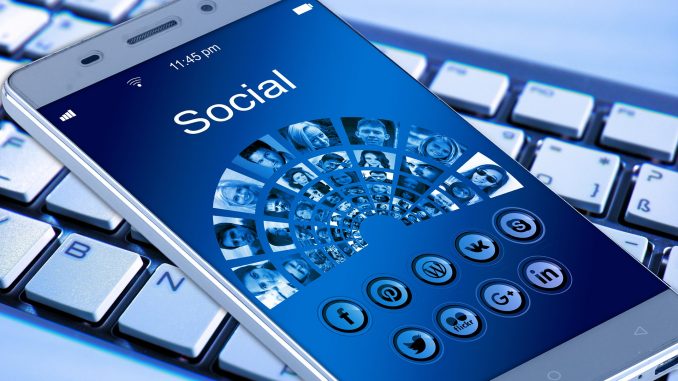
Over 3 billion people worldwide now have a social media account. Facebook says you can “connect and share with the people in your life”, whilst Twitter offers its users the chance to “see what’s happening in the world right now”.
But with the average user now spending around two hours a day scrolling, many health experts have warned that it could be damaging our mental health.
For example, some of the effects of excessive social media use include becoming more easily distracted, social withdrawal, mood swings, anxiety and depression, sleep disorders, low self-esteem, relationship problems, and feelings of loneliness.
It’s not unusual for consumers to spend a large part of their day checking their social media accounts. And although it can be a great way of staying connected, researchers from Lancaster University say that we’re spending so much time on these platforms that it could be causing us a great deal of stress.
However, rather than distancing ourselves from them, the results of the study show that the stress itself is causing us to become even more addicted, creating a vicious cycle. The researchers noted that the addiction is created by stress, and then many users feel compelled to continue scrolling anyway.
The researchers tracked the habits of Facebook users to see how stress could lead to increased use. They focused on the user’s coping mechanisms, and whether their stress lead them to close the app, or whether it made them continue scrolling and interacting.
Less frequent users often chose to switch off the app and engage in other activities offline, like face-to-face interaction. However, a more common response was for the user to stay on social media, but change to a different activity like a game or chatting with a friend.
Researcher Monideepa Tarafdar commented: “While it might seem counterintuitive, social media users are continuing to use the same platforms that are causing them stress rather than switching off from them, creating a blurring between the stress caused and the compulsive use.”
“The idea of using the same environment that is causing the stress as a means of coping with that stress is novel. It is an interesting phenomenon that seems distinctive to technostress from social media.”


Leave a Reply